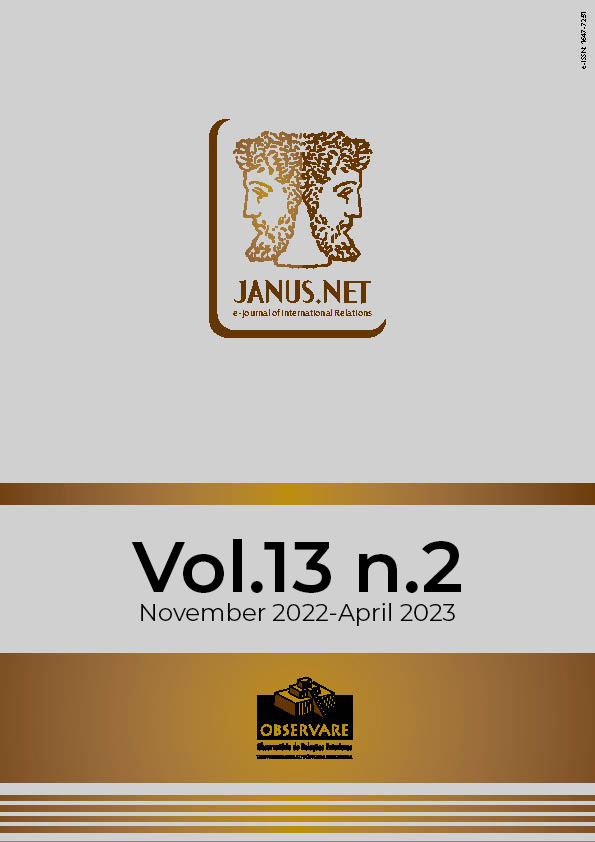The United Arab Emirates (UAE) gained independence in 1971 through the unity of several
sheikhdoms. This unification was initially more of a formality, undertaken to ensure the
political independence and recognition of the state. However, once the UAE’s federal structure
became a reality, the state needed to increase loyalty to the federal state. This study examines
why the UAE needed to construct a common “Emirati” identity and how it went about building
it. It argues that, like other nation-states, the UAE attempted to create an identity
encompassing its citizens by excluding other historical and geographic identities; it aimed to
purify its population via an attempt to show that UAE “expats” and “citizens” are completely
distinct from each other. Therefore, this study examines both the UAE’s pre-independence
cosmopolitanism and its post-independence national law and state targets in purifying the
nation, a process exacerbated by high-level tension between the federal state and the
emirates. Furthermore, this study deals with using symbols in identity construction via statesponsored initiatives. In the case of the UAE, these symbols include the myth of founding
fathers, ethnic symbols, and other heritage matters, all of which are examined with reference
to major theoretical works on modern nationalism such as Imagined Communities, Invention
of Tradition, Banal Nationalism, and Ethno-Symbolism.
EMIRATI NATIONALISM IN GLOBAL AGE: PURIFYING THE SOCIETY AND CREATION OF EMIRATI IDENTITY
»
Ph.D candidate, Institute of Arab and Islamic Studies, the University of Exeter (United Kingdom)
Resumo
Os Emirados Árabes Unidos (EAU) ganharam independência em 1971 através da unidade de
vários sheikhdoms. Esta unificação foi inicialmente uma formalidade, empreendida para
assegurar a independência política e o reconhecimento do Estado. Contudo, uma vez que a
estrutura federal dos EAU se tornou uma realidade, o Estado precisava de aumentar a lealdade
para com o Estado Federal. Este estudo analisa porque é que os EAU precisavam de construir
uma identidade comum "Emirati" e como é que a construíram. Argumenta que, tal como
outros Estados-Nação, os EAU tentaram criar uma identidade que englobasse os seus
cidadãos, excluindo outras identidades históricas e geográficas; o seu objectivo era purificar
a sua população através de uma tentativa de mostrar que os "expatriados" e os "cidadãos"
dos EAU são completamente distintos uns dos outros. Assim, o estudo analisa tanto o
cosmopolitismo pré-independência dos EAU como a sua lei nacional pós-independência e os
objectivos estatais na purificação da nação, um processo exacerbado pela tensão de alto nível
entre o Estado Federal e os emirados. Além disso, são é estudada a utilização de símbolos na
construção da identidade através de iniciativas patrocinadas pelo Estado. No caso dos EAU,
estes símbolos incluem o mito dos pais fundadores, símbolos étnicos e outras questões
patrimoniais, todos eles estudados com referência a grandes obras teóricas sobre o
nacionalismo moderno, tais como Comunidades Imaginadas, Invenção da Tradição,
Nacionalismo Banal, e Simbolismo Etnográfico.
Palavras-chave
Como citar este artigo
Baycar, Hamdullah (2022). Emirati Nationalism in Global Age: Purifying the Society and
Creation of Emirati Identity. Janus.net, e-journal of international relations, Vol13 N2,
November 2022-April 2023. Consulted [online] in date of last visit, https://doi.org/10.26619/1647-7251.13.2.5
Article received on 7 February, 2022 and accepted for publication on 27 September, 2022















